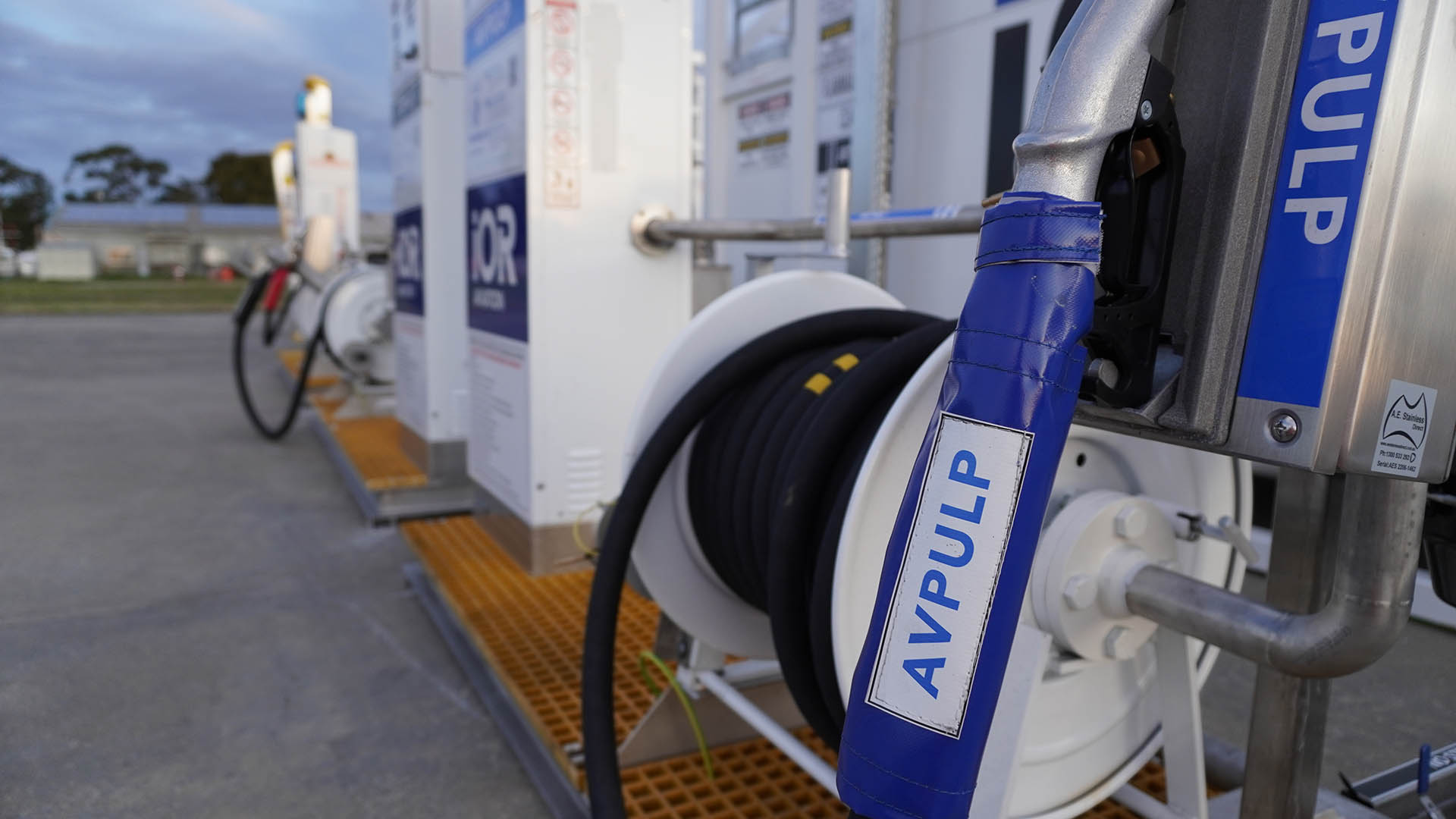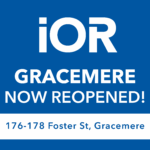In the 1920s, Thomas Midgley Jr., a 30-year-old industrial chemist, introduced tetraethyllead into motor spirit to combat engine knocking—an explosive event in the fuel-air mixture that can cause significant engine damage. Employed by Dayton Research Laboratories, a subsidiary of General Motors, Midgley aimed to develop a fuel that would allow for more powerful and efficient engines by increasing the compression ratio without the risk of knocking.
Lead quickly became widely used in fuels, especially in aviation piston engines which were a crucial part of aircraft performance during wartime. However, the impact of leaded fuels was not seen at the time, with lead exposure being linked to childhood developmental issues, land contamination, and lower crop yields. In response, governments and the oil industry collaborated to phase out lead from automotive use, a transition completed in Australia by 1986.
Due to safety and testing complexities, removing lead from aviation fuels has proven more challenging. Nonetheless, original equipment manufacturers (OEMs) and the oil industry actively seek solutions to eliminate lead from aviation fuels. In the meantime, many aircraft engine OEMs and manufacturers have approved unleaded automotive fuels as a preliminary measure. This approach helps bridge the technology gap and promotes cleaner environmental and health outcomes.
IOR has observed an increased adoption of Mogas fuels in aviation, driven by their cost-effectiveness and benefits such as extended maintenance intervals and improved engine durability. However, there are concerns about the variability in quality control when purchasing fuel from retail outlets, compared to regulated aviation fuels like Avgas or Jet A1. Aviation fuels undergo stringent quality control measures to ensure safe aircraft operation. With the help of IOR’s aviation network and infrastructure, we saw the potential for a new product to help reduce the impact of aviation fuels, AvPULP.
AvPULP maintains high standards, ensuring fuel quality through rigorous handling and constant testing. A premium 98 RON lead-free fuel, AvPULP is free of undesirable components such as ethanol. It meets OEM specifications and contains top-grade additives for clean and safe combustion, benefiting the environment and reducing aircraft operation costs.
AvPULP is suitable for aircraft approved for Mogas, offering confidence in its composition and safe handling from proper aviation storage facilities. Pilots must ensure their aircraft and engines are approved for Mogas use, verified through aircraft OEM approvals, Supplementary Type Certificates, or owner-builder qualifications.
This transition to cleaner fuels represents a significant step towards reducing the environmental and health impacts regarding leaded aviation fuels. The ongoing efforts by the aviation industry and regulatory bodies aim to ensure a safe and effective phase-out of lead, promoting a more sustainable future for aviation. A future that IOR and AvPULP continue to work towards.




